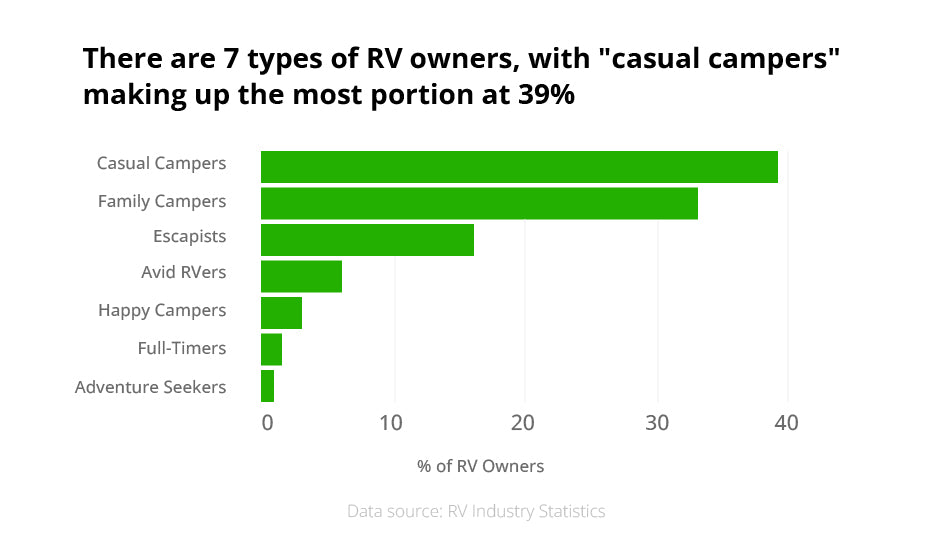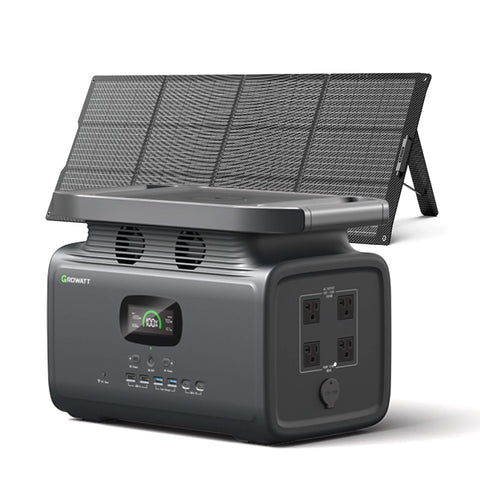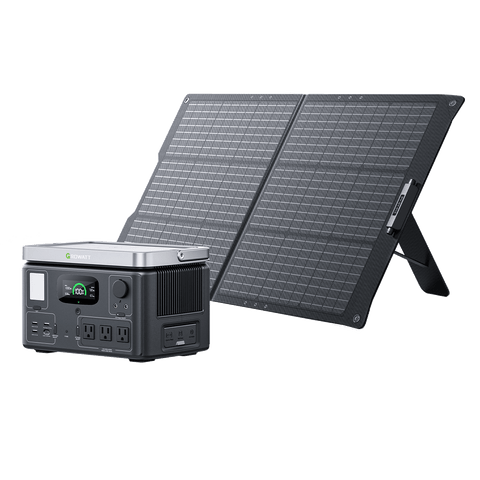Yes, you heard it right. While recreational vehicles were once mainly used for short-term road trips and camping, an ever-growing number of people are choosing to live in RVs full-time. In other words, full-time RV living has become a way of life for many individuals and families.
Full-time RV living is a lifestyle where individuals or families live in recreational vehicles (RVs) as their primary residence. This lifestyle offers the flexibility and freedom to travel and explore different places, while still having the comfort and convenience of a home on wheels. Full-time RVers often seek adventure, experience different cultures, and connect with nature. This lifestyle can require a significant adjustment from traditional living, as RVers must learn how to conserve resources, adapt to small living spaces, and navigate the challenges of life on the road. Despite the challenges, many people find full-time RV living to be a rewarding and fulfilling way of life.

What Is It Really Like to Live in an RV Full-Time?
If you ask a first-hand experience of someone who does full-time RV living: “I love being able to bring my home everywhere with me.”
That’s what it really is. RV full-time living is bringing your home anywhere, everywhere.
There is a common misconception that full-time RV living is only for those who are constantly traveling. However, this is not the case. Many people who live in RVs full-time are not on vacation or weekend getaways - this lifestyle is their permanent way of life on the road.
They work on the road. They homeschool their kids on the road. They do laundry on the road. Their experience everyday living on the road.
Simply said, RV full-time living is like a regular stationary home but on wheels. (And yes, they take vacations too!)
However, it’s not all fun and games. Despite the many advantages of full-time RV living, it's important to recognize that this lifestyle also has its challenges. From navigating different terrains to dealing with a range of weather conditions, there are ups and downs, peaks and valleys, and moments of both brightness and gloominess that come with living on the road.
Is Full-Time RV Living Possible?
The short answer is yes, it is possible.
The longer answer is yes—if you have fully weighed in the advantages and disadvantages of full-time RV living.
If you've weighed the advantages and disadvantages and are still interested in pursuing full-time RV living, it's important to start with the basics and plan for all possibilities with the right mindset and perspective.
What New Owners Should Know about Full-Time RV Living?
If you have fully decided on living in an RV full-time, it’s not an easy walk (or drive) in the park.
Your entire way of life would be different compared to living in a stationary home.
Currently, there are 11.2 million households in the US own RVs. Of this number, 1.5% are into RV full-time living.

There is a reason why this number is small and that is the simple fact that full-time RV living is not for everyone, and definitely not for the faint of heart.
As you read on, we will give you tips as you prepare for full-time RV living.
What to Consider for Full-Time RV Living?
This is by no means an exhaustive list. But on the top of our mind, these are what you first need to tick in the long laundry list of things to consider for full-time RV living.
Research
Living in an RV full-time doesn't mean being on the road 24/7. At some point, you will need to make stops to settle for a while.
So, it is best to do diligent research on the campground. There are numerous alternatives open vary based on what best meets your needs.
Some form groups of other families who do full-time RV living. Some choose RV parks but take note some come with overnight rates. Others settle in national or state parks. Boondocking, also known as dry camping, means free camping on public land.
The beauty of it all is that you can easily move from one place to another. Just turn the wheels.
Budget
The next thing to consider is how much RV full-time living will cost you.
The talk of cost is a bit tricky here.
Full-time RV living costs include:
- Buying the RV as an initial cost
- Fees for the campground
- Investment in household items for the RV
- Maintenance cost of the RV
- Recurring living expenses
However, looking at the brighter side, there are costs that you no longer need to consider such as:
- No mortgage
- No property tax
- No rent
Maintenance
Now, we want to be specific on maintenance costs. Take note that this is equivalent to your periodic home repairs. But again, you are living in an RV full-time.
The upkeep of your RV is important.
Of course, when you just bought your RV, the cost is at the minimum. But as time goes on, the cost will jump. This is why you need to allot a portion of your budget just for the maintenance of your RV.
As an example of someone who is into RV full-time living, $200 per month for repairs and maintenance is allocated. All in all, $2,300 was spent on the first year on the road.
Remember that regular upkeep can help you save more in the future.
For specifics, it is good to invest in a good tire pressure monitoring system and air compressor.
We need not enumerate them all, but you need to check the RV’s engine, the lights, the mirrors, the ceiling, and everything in between.
Make Connections
Remember when we said that it’s not all vacation and travel?
Of course, living in an RV full-time will entail costs that you need to save up for.
And that means that you are also doing your day job in the RV.
So it is important to consider the WiFi signal so you can send your emails and make important video calls.
Also, we did mention forming groups in campgrounds. RV full-time living also allows you to make friends on the road. Who knows, maybe good neighbors too.
Essential List
Now we go to the nitty-gritty. Like in our previous rundown, this is by no means an exhaustive list. You can add but we are almost sure these are what you will need for full-time RV living.
- Kitchen tools
- Water source
- Appliances (TV, washing machine, etc.)
- Clothing
- Storage boxes (those that are fit for your RV)
- Where to get your mail
- Medical equipment, devices, and first-aid kits
- Portable solar generator
INFINITY 1500

Growatt’s INFINITY 1500 Portable Power Station is a perfect must-have when living in an RV full-time.
It has a 1512Wh capacity and 2000W output that can power up to 12 diverse power outlets.
It charges using solar energy in just 2.5 hours, perfect for outdoor charging.
VITA 550
Growatt’s VITA 550 Portable Power Station is also a must-have for RV full-time living.
It has a 538Wh capacity and 600W output.
Moreover, it can also do solar charge in 2.5 hours and has a long-lasting LiFePO4 Battery that can last up to 10 years.
Both INFINITY 1500 and VITA 550 are equipped with smart APP control by which you can add new customizable features of smart management to fit various scenarios.
Challenges and Considerations
Living in an RV full-time will have its challenges.
-
Safety and security concerns
Campground safety is not always assured, which is why it's crucial to prioritize research when planning your trip.
You need to be sure your belongings are safe, especially during the night. Make sure that your RV’s doors are locked. It may also help to invest in additional security lighting just to be sure.
It's also important to be prepared for emergencies, even if you hope you won't need it. This can involve investing in a fire extinguisher and keeping first-aid kits on hand.
Additionally, knowing the nearest stores, police station, and evacuation zones by checking with local authorities are also important.
-
Health and medical issues on the road
Included in your local search are healthcare providers. It pays to know the nearest route to the hospital, the nearest pharmacy, the nearest animal bite clinic, and the nearest office of your insurance provider.
You also need to plan medical emergencies ahead by instructing every member of the family living in the RV full-time on what to do.
Remember, it’s just a matter of making the wheels turn.
Conclusion
By now, it’s information overload on the things to consider when you are planning full-time RV living. It is by no means easy.
FAQs
As a bonus for reaching this part of the article, here are some FAQs on Full-time RV living:
-
Can you live permanently in an RV?
- Yes, you can. It’s a way of life. It’s a matter of planning ahead and having the right mindset.
-
Is it financially smart to live in an RV?
- If you are tired of the costs of living in a permanent, stationary home, then the answer is yes. And if you are into moving from one place to another, the answer would be another yes.
-
Is full-time RVing worth it?
- Well, this needs an answer from those who have experienced it. And the answer has never been a hard yes or hard no. Ultimately, it will be up to you.







